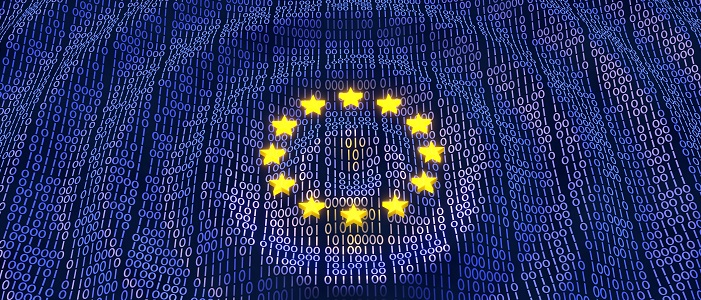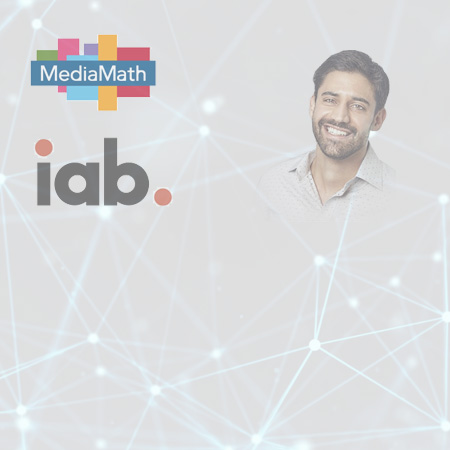EDITOR’S NOTE, MAY 15, 2019: Underscore CLT is now Junto Cryptographica. This post now reflects that change.
Now is the time. Why?
Despite its great successes and its enduring promise, digital marketing remains plagued by fundamental challenges. In too many instances, advertisers lack transparency, discrepancies arise among stakeholders, inventory fails to meet quality standards, and/or a noisy minority of bad actors exploits internet infrastructure weaknesses to siphon unearned value from the ecosystem. At the same time, consumers are increasingly aware of the privacy implications and economic value inherent in the digital data they generate, and they’re demanding to participate in the commercialization of that data. Prudent stewardship of consumer trust has never been more critical.
Built properly, with all stakeholders in mind, a digital marketing technology layer that embodies permanence, trust, and transparency—the fundamental features of blockchain and related technologies—will enable us finally to overcome these longstanding challenges.
And it holds the promise to do far more. It can:
- expand the universe of meaningful business outcomes we can manage and measure against;
- increase the efficiency, simplicity, and effectiveness of marketing execution; and
- streamline campaign accounting and payment, with new, flexible financing solutions.
Who?
We’ve seen many cycles of adtech innovation through the years. We want to do better than has been done in the past by doing this together, from the ground up:
- The optimal solution will mix big and small; innovative, purpose-built startups must partner with trusted, enterprise-grade companies to build with scale in mind.
- The optimal solution will engage the entire value chain. We must accommodate the diversity of constituents in our industry while enshrining the common standards and principles that ensure its vitality.
- The optimal solution will leverage existing industry associations to coordinate efforts and achieve scale. (Compare, for example, the adoption of DAA’s AdChoices or IAB’s ads.txt to purely commercial attempts to define industry standards—we win when we work together.)
What are we building?
Today, MathCapital and MediaMath’s Strategic Business Development team announce their investment in incubated business Junto Cryptographica, which has set out to develop a new, foundational technology for digital marketing based on cryptographic ledger technology (aka blockchain). Junto Cryptographica will grow in three phases:
- In Phase 1, Junto Cryptographica will work in concert with marketers, publishers, demand- and supply-side platforms, agencies, industry associations, and technology providers to (a) scope industry-wide applications and (b) create the alliance of stakeholders that will deliver those solutions.
- In Phase 2, this Junto Cryptographica alliance will develop its infrastructure technology layer and test it at scale across foundational partners.
- In Phase 3, the Junto Cryptographica alliance will deliver the new foundation upon which we will all build digital marketing’s bright future.
Who is leading the effort?
MediaMath has tapped serial entrepreneur Isaac Lidsky to launch Junto Cryptographica as its President. Lidsky is one of the original adtech founders. After graduating with honors from Harvard at age 19 with a degree in mathematics and computer science, he and I founded [x+1] together in 1999. While at [x+1], Lidsky was among the first in the industry to develop software to target and customize digital marketing real-time. ([x+1] was acquired by Rocket Fuel, then Sizmek.)
Fascinated by the burgeoning field of “cyberlaw,” when Lidsky left [x+1] he returned to Harvard to attend law school, graduating magna cum laude and serving as Editor of the Harvard Law Review and as the first student named a Fellow of the Berkman Center for Internet & Society. After law school, Lidsky served as an appellate litigator for the U.S. Department of Justice and as a Law Clerk to U.S. Supreme Court Justices Sandra Day O’Connor and Ruth Bader Ginsburg.
In 2011, Lidsky returned to his entrepreneurial technology roots. With the U.S. housing market stagnating at a historic low, Lidsky correctly predicted that its inevitable recovery would demand a far more efficient construction model to succeed. He purchased a small, struggling residential construction subcontractor and led the development of a proprietary suite of logistics and ERM software to transform it. His reinvented construction services company grew more than tenfold in its first five years, and today it boasts revenues in excess of $250 million.
Lidsky is an accomplished thought leader on topics such as entrepreneurship and leadership. His book, “Eyes Wide Open,” is a New York Times bestseller, and his main-stage TED Talk was viewed more than a million times in its first 20 days. He has delivered lectures to dozens of corporations and organizations around the world, including Accenture, Cisco, FedEx, Forrester Research, Microsoft, Merck, Novartis, Pfizer, Raytheon, Red Ventures, and Verizon. Lidsky has been featured in numerous national media, including Forbes, the New York Times, the Washington Post, CNN, MSNBC, U.S. News & World Report, 60 Minutes, and Voice of America.
Lidsky has returned home to adtech. Partnering with MediaMath and its industry partners, with Junto Cryptographica, Lidsky is determined to lead the development of a new technology infrastructure for digital marketing that will mitigate the industry’s longstanding structural challenges and deliver on its untapped promise.
* * *
We’re excited to keep you informed about this new project. We’re more excited to hear from you! To get involved or share your questions, comments, or suggestions, please contact Junto Cryptographica at (917) 521-6622 or visit our website.






